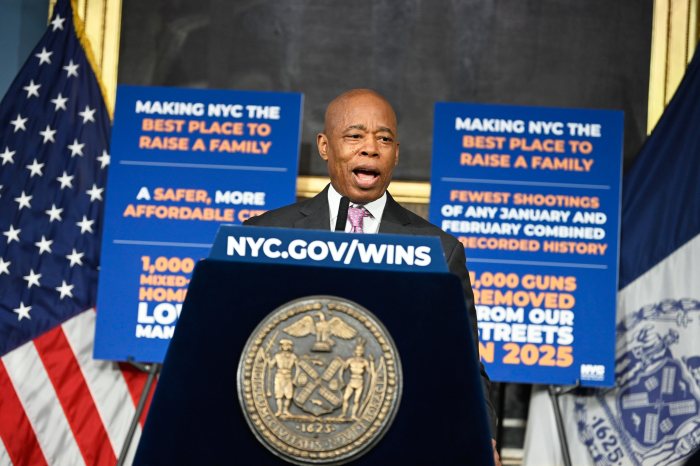You try and try, and then try again, but you can’t quit smoking. Well, there may be a good reason for it. Especially if you smoke menthol cigarettes.
A new study shows it’s harder to quit menthol flavored cigarettes because of what’s called the “menthol effect.” It’s caused by the mint-flavored additive tobacco companies lace into cigarettes. And the menthol effect may be a particular problem among some racial groups according to the study.
The research, just published in the American Journal of Preventive Medicine, used 2003-2007 data from a national survey on smokers who attempted or succeeded in kicking the habit. Those in the survey were separated into menthol and non-menthol smokers. The researchers then divided the groups by race, including whites, multiracial Blacks, and Hispanics (based on area of origin, such as Mexico or Puerto Rico).
The results show that all the racial groups were less able to quit menthol cigarettes than regular cigarettes. They all seemed to suffer from the menthol effect. But Blacks and Puerto Ricans were even less successful in their attempts to quit menthol cigarettes.
The study also shows blacks smoked menthols to a far greater degree. Almost four out of five or 78 percent of Black smokers in the study smoked menthols. Menthol smoking was also high among smokers of Puerto Rican descent (62 percent). Among white smokers, 21 percent smoked menthols as did 28 percent of Hispanics.
There have been other menthol effect studies with regard to race. One published in Preventive Medicine shows that 62 percent of Blacks and 61 percent of Hispanics who attempted to quit smoking non-menthol cigarettes did so. Yet the study shows that only 44 percent of Black and 48 percent of Hispanic menthol smokers could quit.
One reason why the menthol effect may be more pronounced among some racial groups is predatory marketing. Last June, a Stanford University study revealed that tobacco companies increased their advertising and lowered menthol cigarettes prices in urban and Black neighborhoods as a tactic to attract new smokers. These marketing techniques may make it harder for smokers in these communities to fight off the menthol effect.
“The tobacco companies went out of their way to argue to the Food & Drug Administration that they don’t use racial targeting,” said Lisa Henriksen, PhD, of the Stanford Prevention Research Center. “This evidence is not consistent with those claims.”
Henriksen’s research was published in Nicotine & Tobacco Research.
Cristine Delnevo, PhD and director of the Center for Tobacco Surveillance and Evaluation Research agreed.
“Historically, tobacco companies have targeted minority populations when marketing menthol cigarettes,” Delnevo said.
From the standpoint of Big Tobacco, the upside of the menthol effect is greater profits. But it’s targeted minority communities that have to deal with the serious health risks of smoking – the dead-end-downsides.
“The fact that non-whites are more likely to smoke menthols, and those who smoke menthols are less likely to quit, could explain why minority populations continue to suffer disproportionately from tobacco-caused disease and death,” Delveno added.
Tobacco use is a leading preventable cause of death; this year approximately 5 million persons worldwide will die from tobacco-related heart attacks, strokes, cancers, and other diseases. And for every death, there are 20 people living with a tobacco-related disease.
The menthol effect study comes out just as the FDA is about to announce a decision on whether to ban menthol cigarettes.
A report by the FDA’s Tobacco Products Scientific Advisory Committee, who are investigating menthol cigarettes, found that not only is menthol cigarette use higher among minorities, teenagers and low-income populations, many smokers mistakenly believe that menthol flavoring makes cigarettes less of a health risk.
Meanwhile, another study published in the American Journal of Public Health, shows that not only would a ban on menthol cigarettes put an end to the menthol effect, it would prevent 300,000 to 600,000 tobacco-caused deaths over a 40 year span. A powerful reasons to become a fan of the ban.
Among current U.S. adult smokers, 70 percent report that they want to quit completely, and millions have attempted to quit smoking. Despite the menthol effect more than half of all people who ever smoked have quit. There are now more former smokers than current smokers. Something to keep in mind if you are trying to fight off the menthol effect.






















